A Welshman who immigrated to America from north Wales is to be inducted into the National Abolition Hall of Fame in New York state, America. The research of Professor Jerry Hunter, an American who has made Wales his home, highlighted the work of Welsh preacher Rev Robert Everett whose messages rallied communities into supporting the anti-slavery movement. On learning about their local hero, a number of Welsh societies in North America threw their weight behind a bid for his induction into the Hall of Fame.
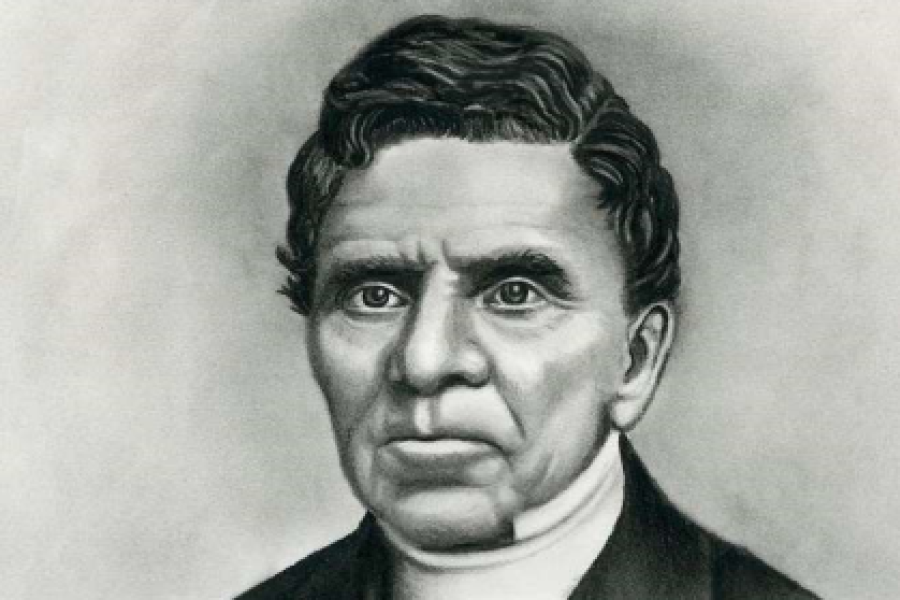
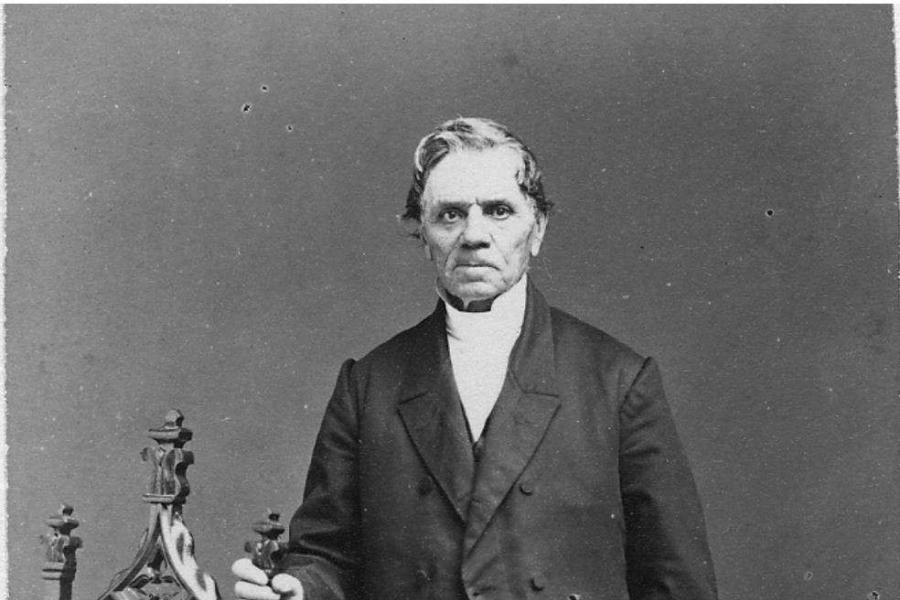
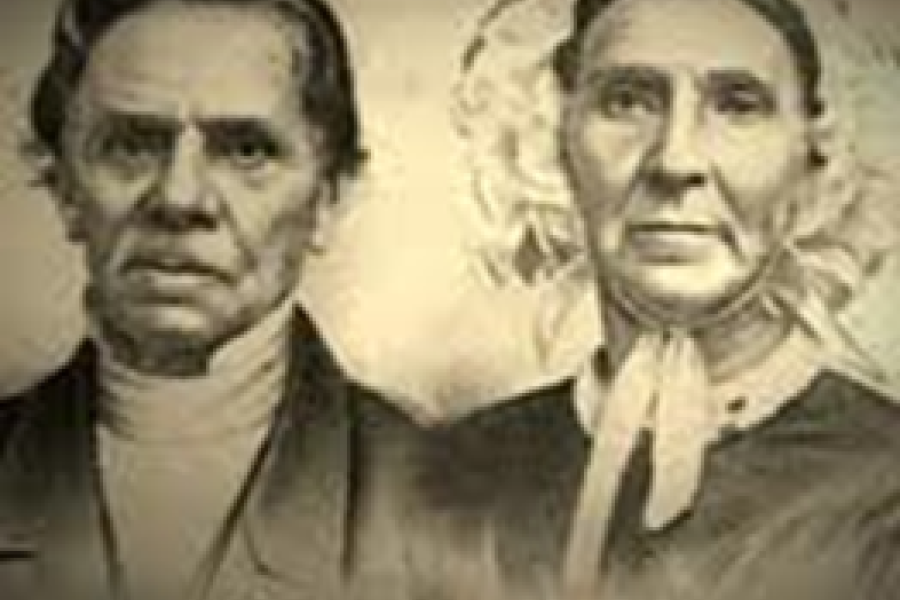
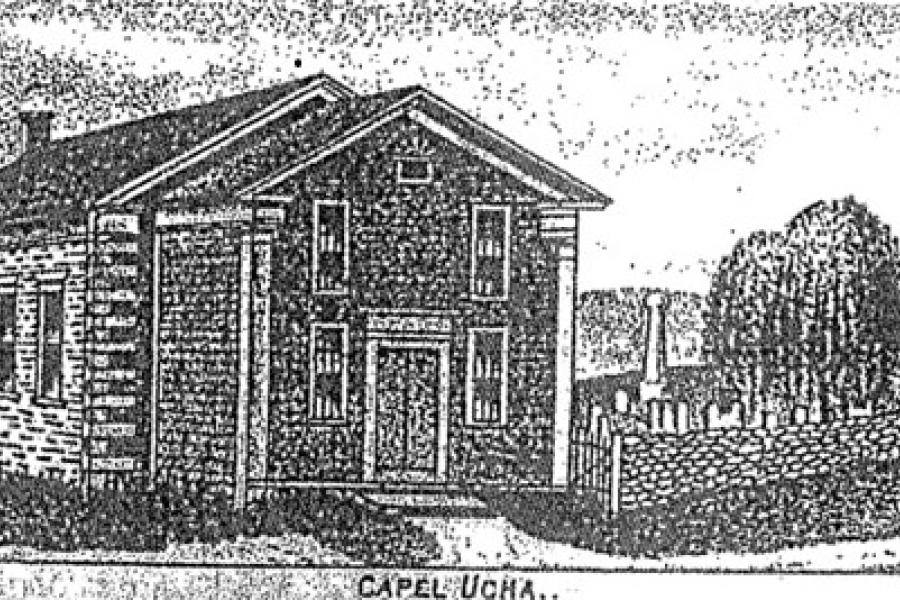
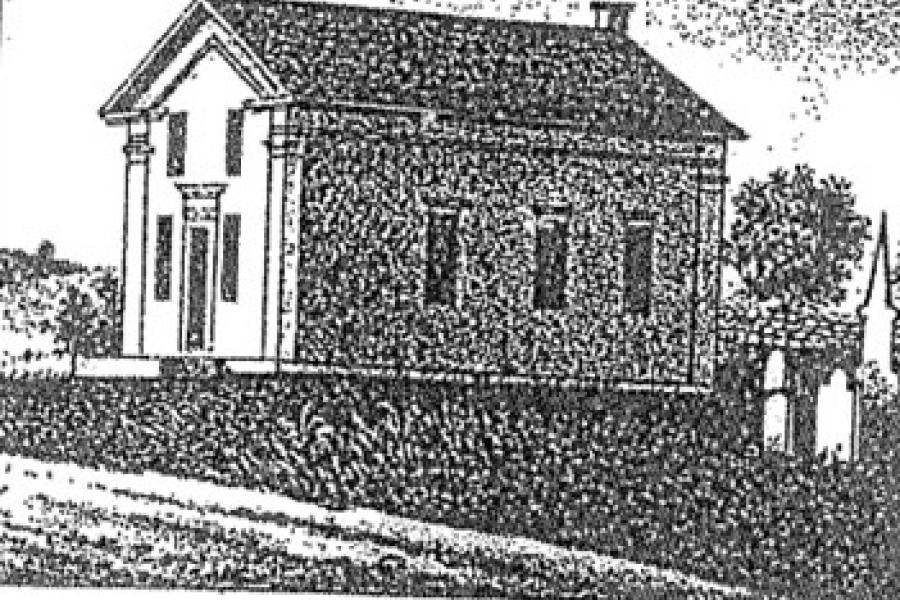
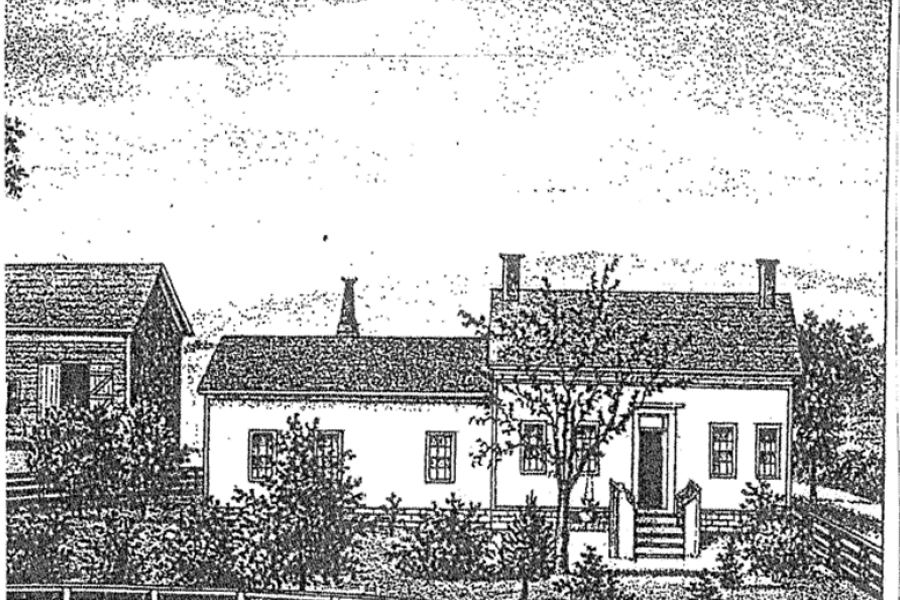
Described as one of the most influential Welsh Americans of his time, the Reverend Robert Everett, will join Harriet Tubman and John Brown in the National Abolition Hall of Fame and Museum, following induction ceremonies and celebrations this week-end (22-23 October). The Museum honours abolitionists, their work to end slavery, and the legacy of that struggle, and introduces new inductees every two years.
Originally from Cincinnati, Ohio, Professor Jerry Hunter of Bangor University in North Wales is the world’s leading authority on Welsh-American literature. It was his research into Welsh writing in America which threw light on the Reverend Everett’s work and drew the attention of Welsh societies in America. Professor Hunter is the author of I ddeffro ysbryd y wlad (To wake the spirit of the country) a history of Robert Everett’s campaigning against slavery in America.
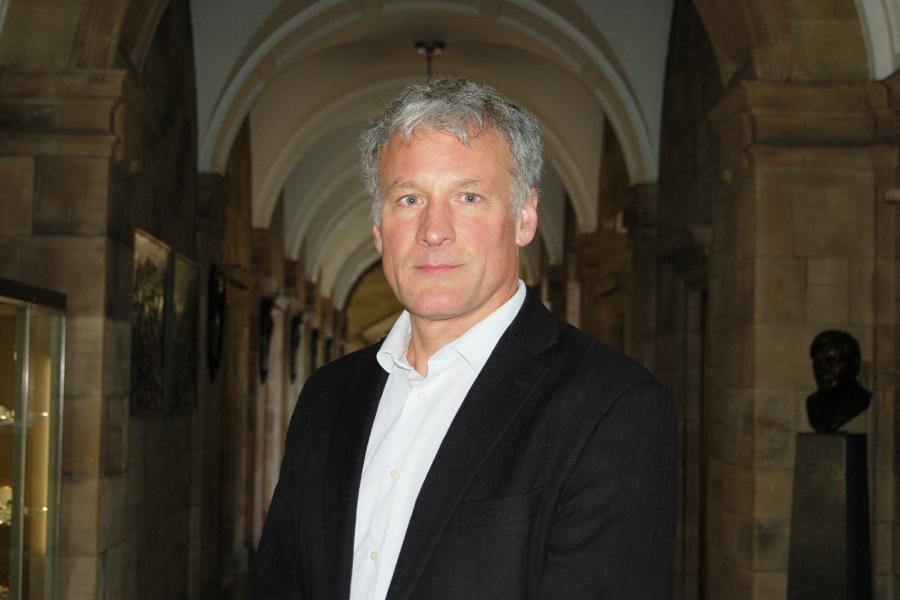
Prof Hunter, who will be addressing Saturday’s Induction event by recorded video says:
“Through my reading of Welsh material published in north America during the period, it became obvious that Robert Everett was one of the moral, religious and intellectual leaders of the Welsh-American community. He probably did more than anybody else to radicalise Welsh-speaking Americans and enlist them in the Anti-slavery movement.
“At the time, America had many vibrant Welsh-speaking communities, which supported a Welsh language publishing industry including a range of newspapers and periodicals. In that society, Rev Everett was a tireless campaigner, even publishing a ‘10 point campaign plan’ for other chapels and groups to follow. The abolition of slavery was his main aim, though he also supported women’s rights, pacifism and temperance. He had to work through an internal moral dilemma as a pacifist, and ended up deciding that abolition should take precedence over peace, thus supporting the Civil War of 1861-65, a conflict he saw as a crusade against slavery.”
“Rev Everett was the editor of ‘Y Cenhadwr Americanaidd’, (the monthly journal of the congregational chapel denomination) which included religious, cultural and news material geared to appeal to a wider Welsh-speaking American readership. From the very first issue, he used the monthly periodical to publish anti-slavery material and to radicalise and enlist Welsh Americans to the cause.”
Rev Robert Everett’s papers also revealed that he was involved in translating abolitionist works into Welsh including Uncle Tom’s Cabin and that he was a station master on the underground railroad, which assisted fleeing slaves.
His radicalism was not welcomed in all quarters, and he faced a backlash for preaching politics from the pulpit, but as Prof Hunter argues, his radicalism was an intrinsic part of how he defined non-conformist religion.
Ted Engle, an American of Welsh descent and one of the group who proposed the nomination said:
“I attended the North American Festival of Wales 2017 where Professor Jerry Hunter’s very spirited presentation about Dr Everett was of particular interest.
My brother, an amateur civil war historian and I were, in one sense, embarrassed that we really did not know how influential Everett was to the Civil War and the Abolitionist movement, despite being natives of Oneida County. Much has been forgotten even in our area with deep Welsh roots and it seemed unthinkable that we were not more knowledgeable.
The Saint David’s Society of Utica and the Remsen Steuben Historical Society sponsored the project to present Rev Everett for induction in the Hall of Fame, and started to collect documentation to support this bid.
Several activities are now taking place: the Everett family are compiling a family history, and the site of Everett’s church was recently registered as a Historical Site by New York State. The local Historical Society also has developed an Everett display at their headquarters in Utica. Our hope is that we can develop more interest in Wales among the people of Central New York.”

